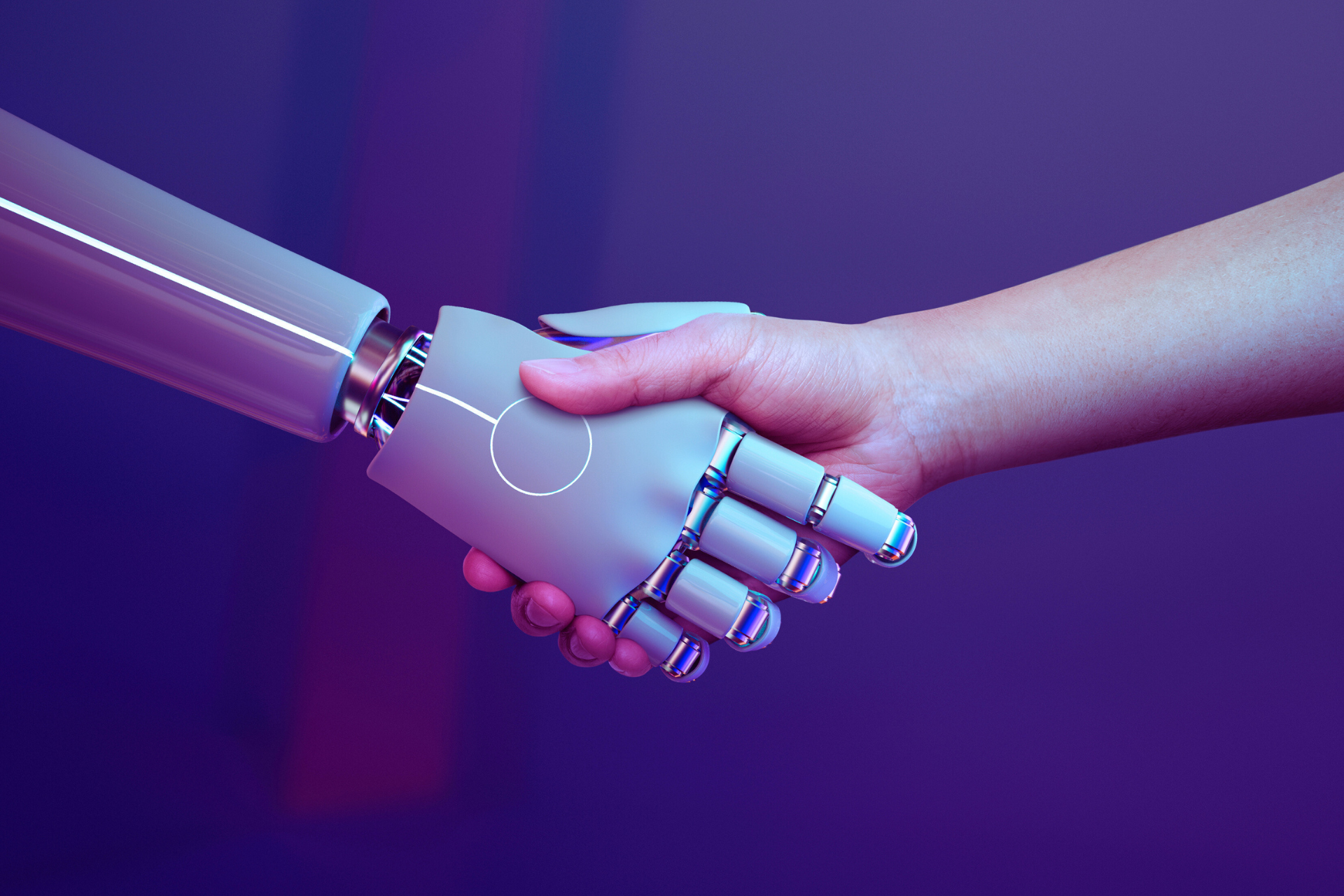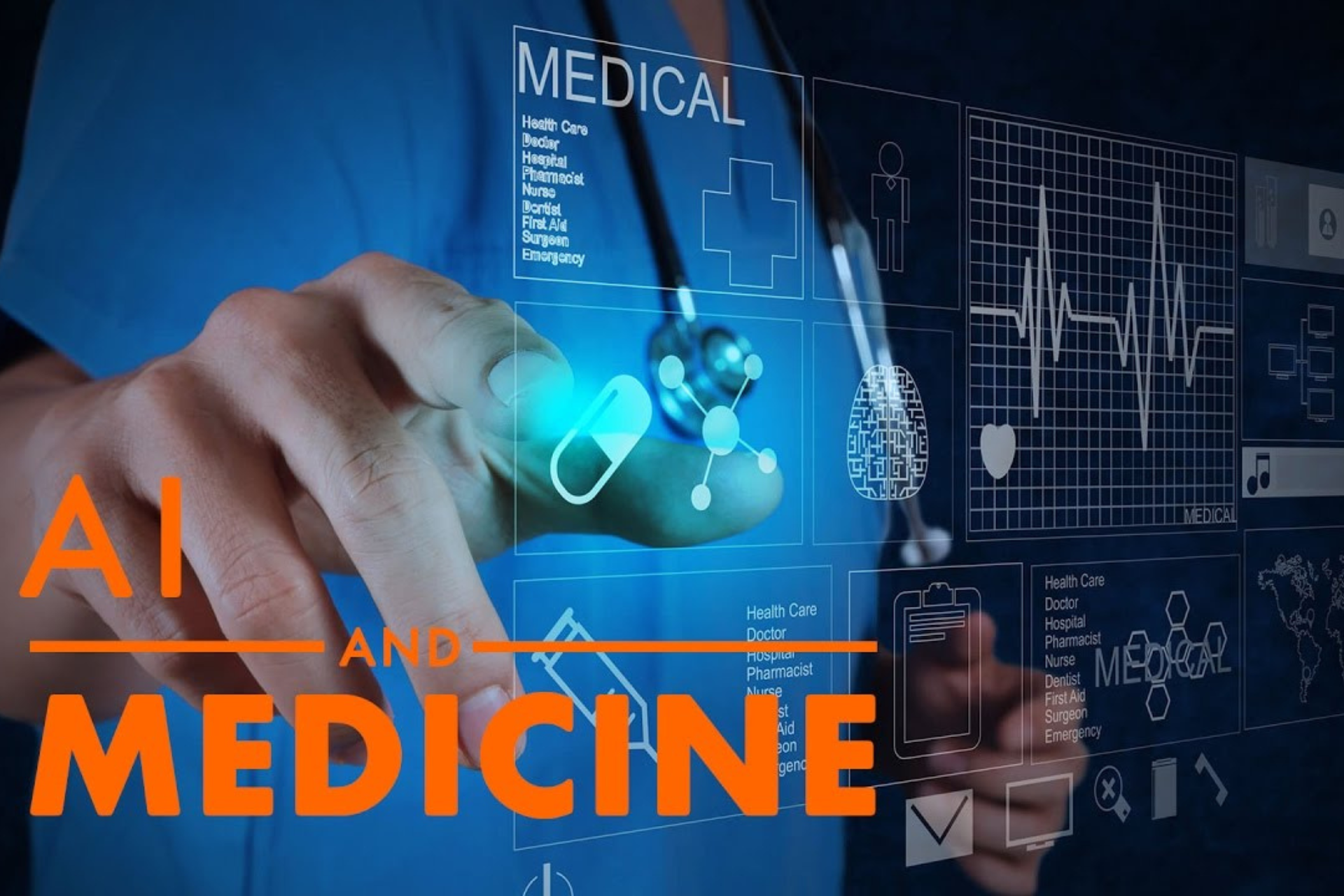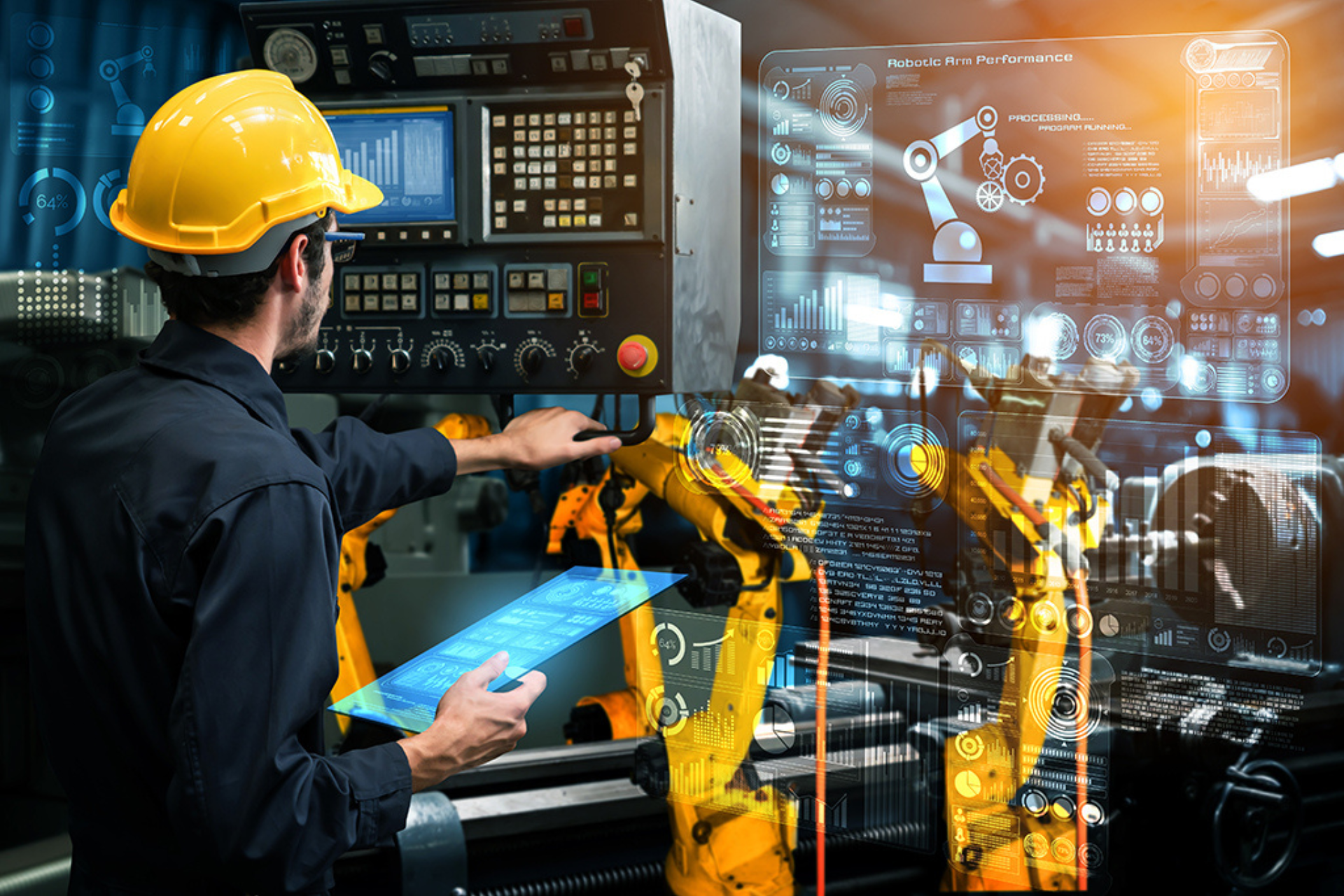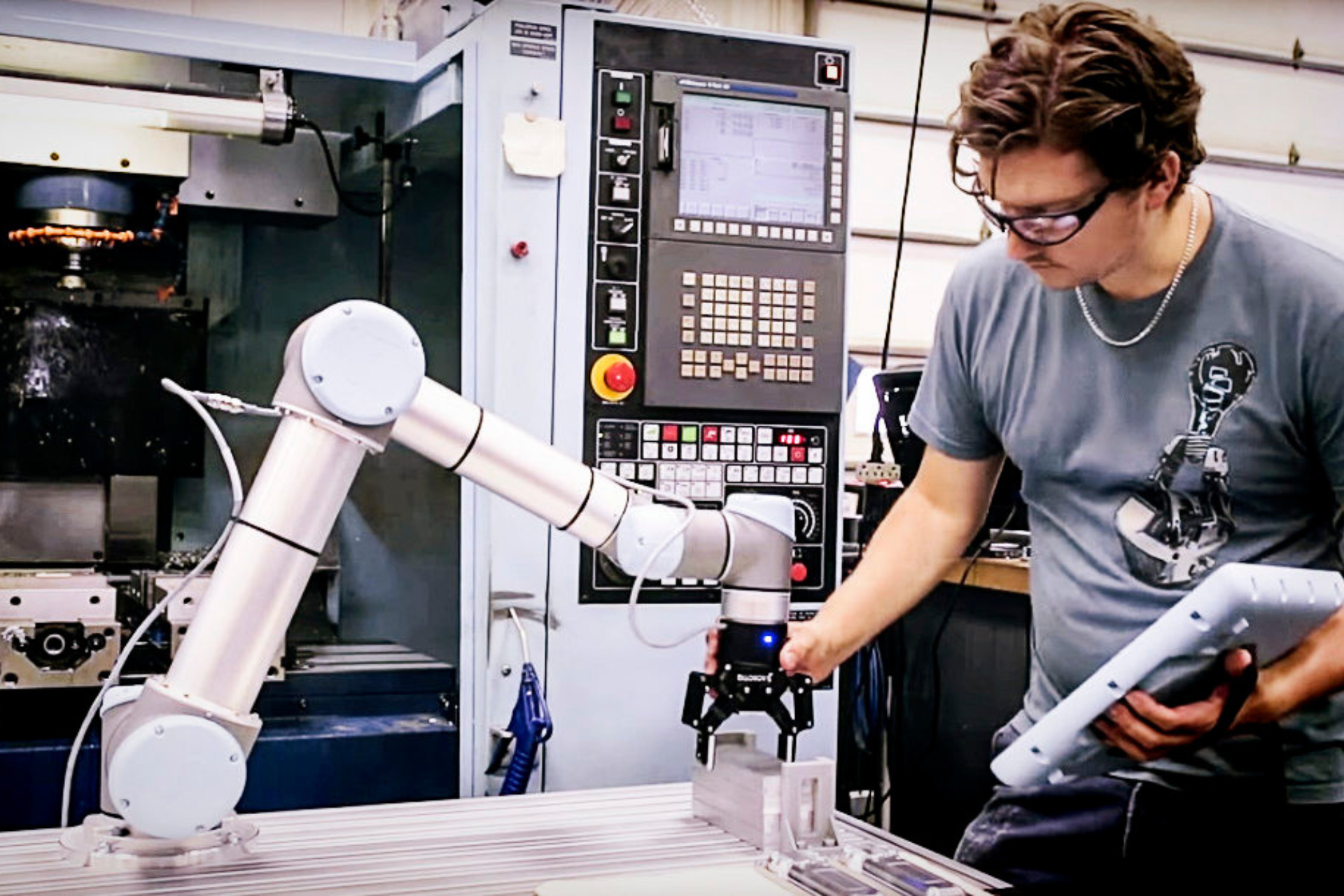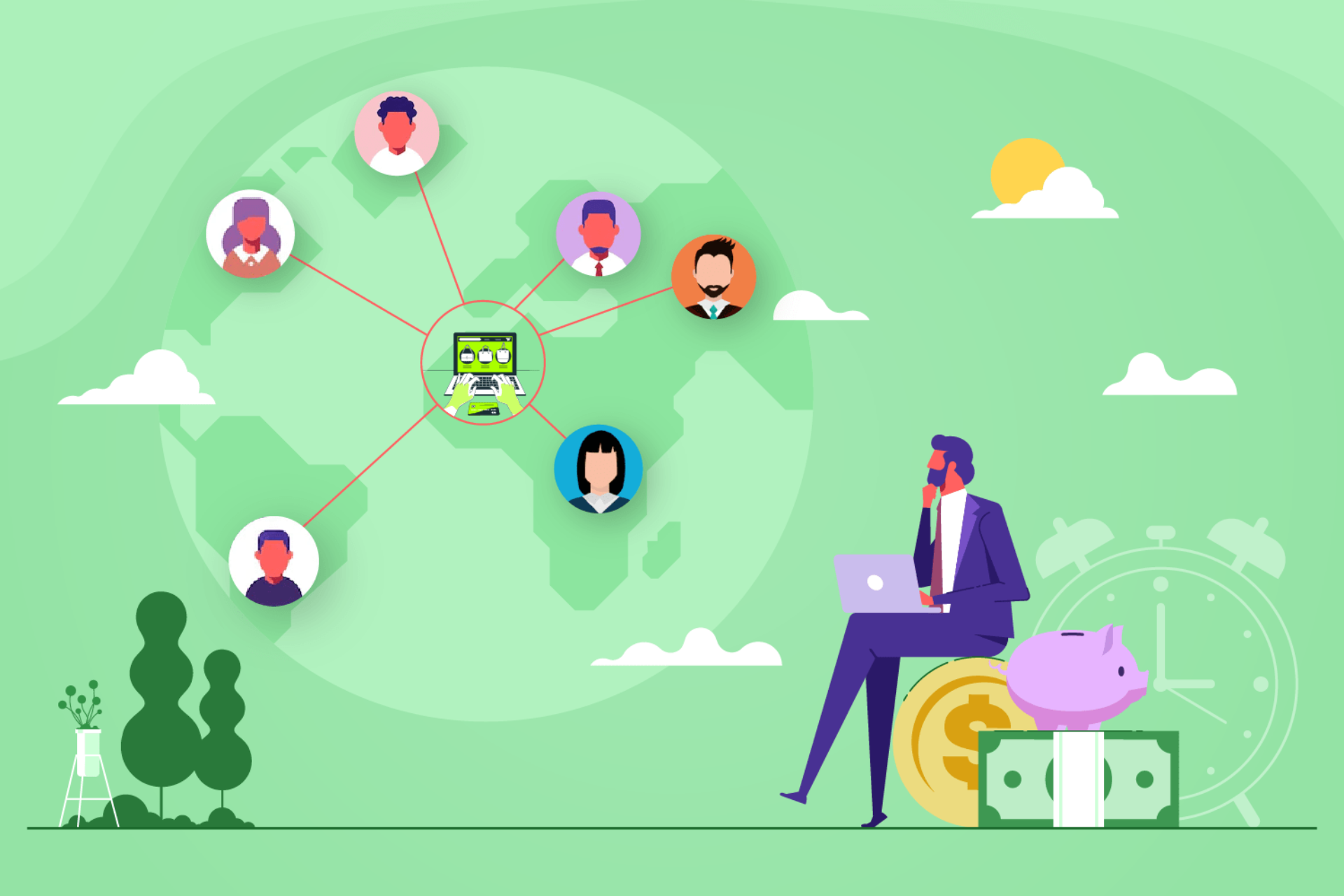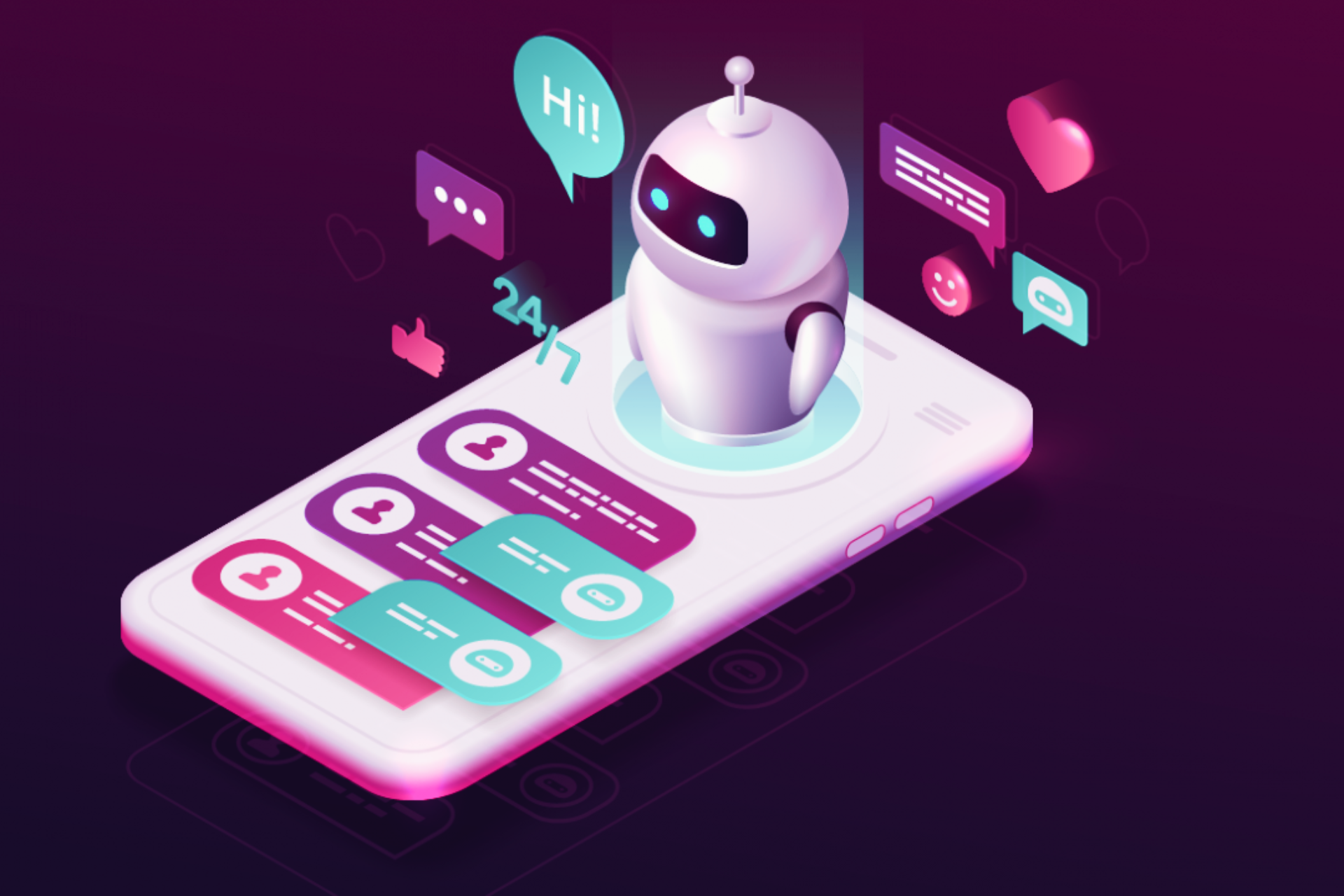The Two Sides of the Coin: AI, Automation, and the Future of Work
- Home
- Case Study
- The Two Sides of the Coin: AI, Automation, and the Future of Work
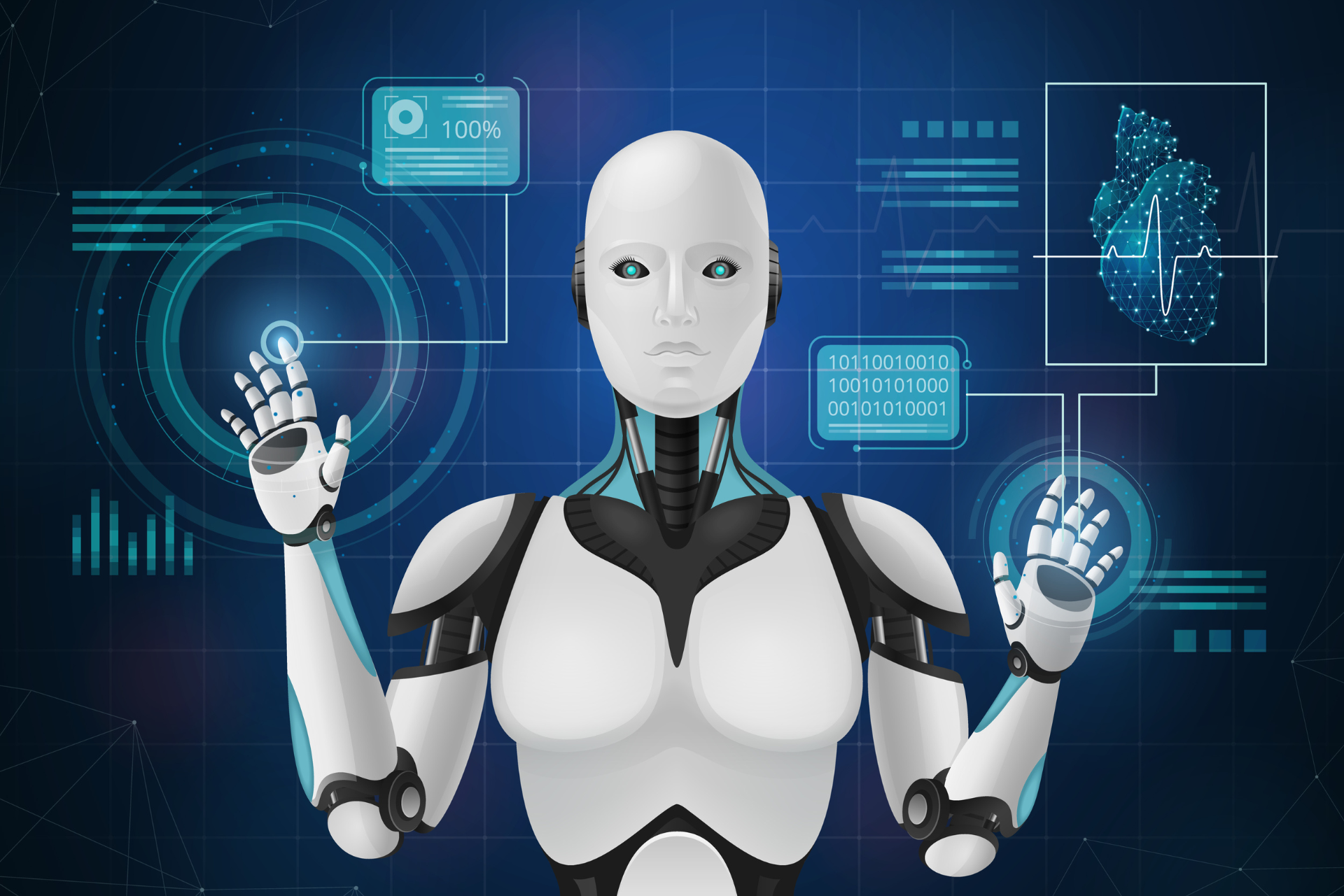
Artificial intelligence (AI) and automation are rapidly transforming the world of work. While these advancements hold immense potential for increased efficiency and productivity, they also raise concerns about job displacement in various industries. Here, we'll delve into the impact of automation on different sectors, explore the potential for job displacement, and analyze strategies for reskilling and upskilling the workforce to navigate this evolving landscape.
The Automation Wave: Its Reach and Impact
Automation, powered by AI and robotics, is making significant inroads across diverse industries:
Manufacturing: Robots are taking over repetitive tasks on assembly lines, performing with greater precision and consistency.
Transportation: Self-driving vehicles and automated logistics systems are changing the transportation landscape, potentially impacting jobs in trucking, taxi services, and delivery.
Customer Service: Chatbots powered by AI are increasingly handling customer inquiries, offering 24/7 support and automating basic tasks.
Finance: Algorithmic trading and automated financial processes are streamlining operations in the financial sector, potentially reducing the need for some traditional finance roles.
The Displacement Dilemma: Jobs at Risk
While automation creates new opportunities, it also poses a threat to certain jobs:
Routine and Repetitive Tasks: Jobs that involve well-defined, repetitive tasks are highly susceptible to automation. Data entry, assembly line work, and some administrative roles may be impacted.
Mid-Skill Manufacturing Jobs: As automation takes over manufacturing tasks, jobs requiring mid-level technical skills might see a decline.
Transportation and Logistics: The rise of self-driving vehicles and automated delivery systems could significantly impact jobs in these sectors.
Reskilling and Upskilling: Equipping the Workforce for the Future
To thrive in the age of AI and automation, organizations and individuals alike need to embrace reskilling and upskilling initiatives:
Identifying Future-Proof Skills: Focus on developing skills that are less susceptible to automation, such as critical thinking, problem-solving, creativity, and complex communication.
Lifelong Learning: Embrace a culture of continuous learning to adapt to the changing technological landscape. Online courses, bootcamps, and professional development programs can be valuable resources.
Focus on Human-AI Collaboration: The future of work will likely involve humans and AI working together. Develop skills that complement AI capabilities, such as data analysis, human-computer interaction, and project management.
Policy and Education Reform: Governments and educational institutions need to work together to create policies and curriculums that equip the workforce with the skills needed for the jobs of tomorrow.
Navigating the AI Revolution: A Shared Responsibility
The impact of AI and automation on the future of work is a complex issue with no easy solutions. By acknowledging the potential for job displacement, investing in reskilling and upskilling initiatives, and fostering a culture of lifelong learning, organizations and individuals can navigate this technological revolution and emerge stronger. Remember, AI should be seen as a tool to augment human capabilities, not replace them. By focusing on collaboration and continuous learning, we can ensure that AI works for the benefit of all in the workplace of the future.

